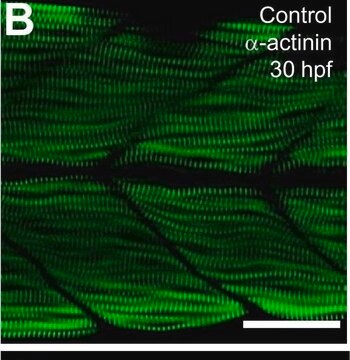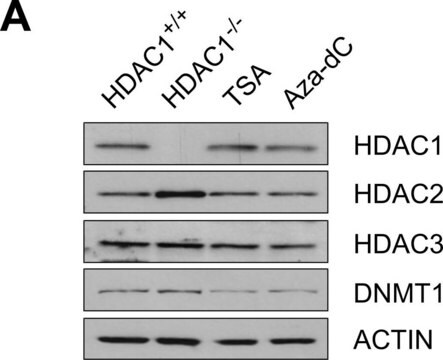07-1387
Anti-oxidized-CaM Kinase II (Met281/282) Antibody
serum, from rabbit
Synonym(s):
CAMKK beta protein, CaM-KK beta, CaM-kinase kinase beta, CaMKK beta, Calcium/calmodulin-dependent protein kinase kinase beta, calcium/calmodulin-dependent protein kinase beta, calcium/calmodulin-dependent protein kinase kinase 2 beta, calcium/calmodulin-
About This Item
Recommended Products
biological source
rabbit
Quality Level
antibody form
serum
antibody product type
primary antibodies
clone
polyclonal
species reactivity
mouse, rat, human
technique(s)
immunocytochemistry: suitable
western blot: suitable
NCBI accession no.
UniProt accession no.
shipped in
wet ice
target post-translational modification
unmodified
Gene Information
human ... CAMK2D(817)
General description
Specificity
Immunogen
Application
Quality
Western Blot Analysis: 1:1,000 dilution of this antibody was used to detect oxidized CaM Kinase II in mouse heart cell lysates.
Target description
Linkage
Storage and Stability
Handling Recommendations: Upon receipt, and prior to removing the cap, centrifuge the vial and gently mix the solution.
Not finding the right product?
Try our Product Selector Tool.
Storage Class Code
10 - Combustible liquids
WGK
WGK 1
Certificates of Analysis (COA)
Search for Certificates of Analysis (COA) by entering the products Lot/Batch Number. Lot and Batch Numbers can be found on a product’s label following the words ‘Lot’ or ‘Batch’.
Already Own This Product?
Find documentation for the products that you have recently purchased in the Document Library.
Our team of scientists has experience in all areas of research including Life Science, Material Science, Chemical Synthesis, Chromatography, Analytical and many others.
Contact Technical Service






